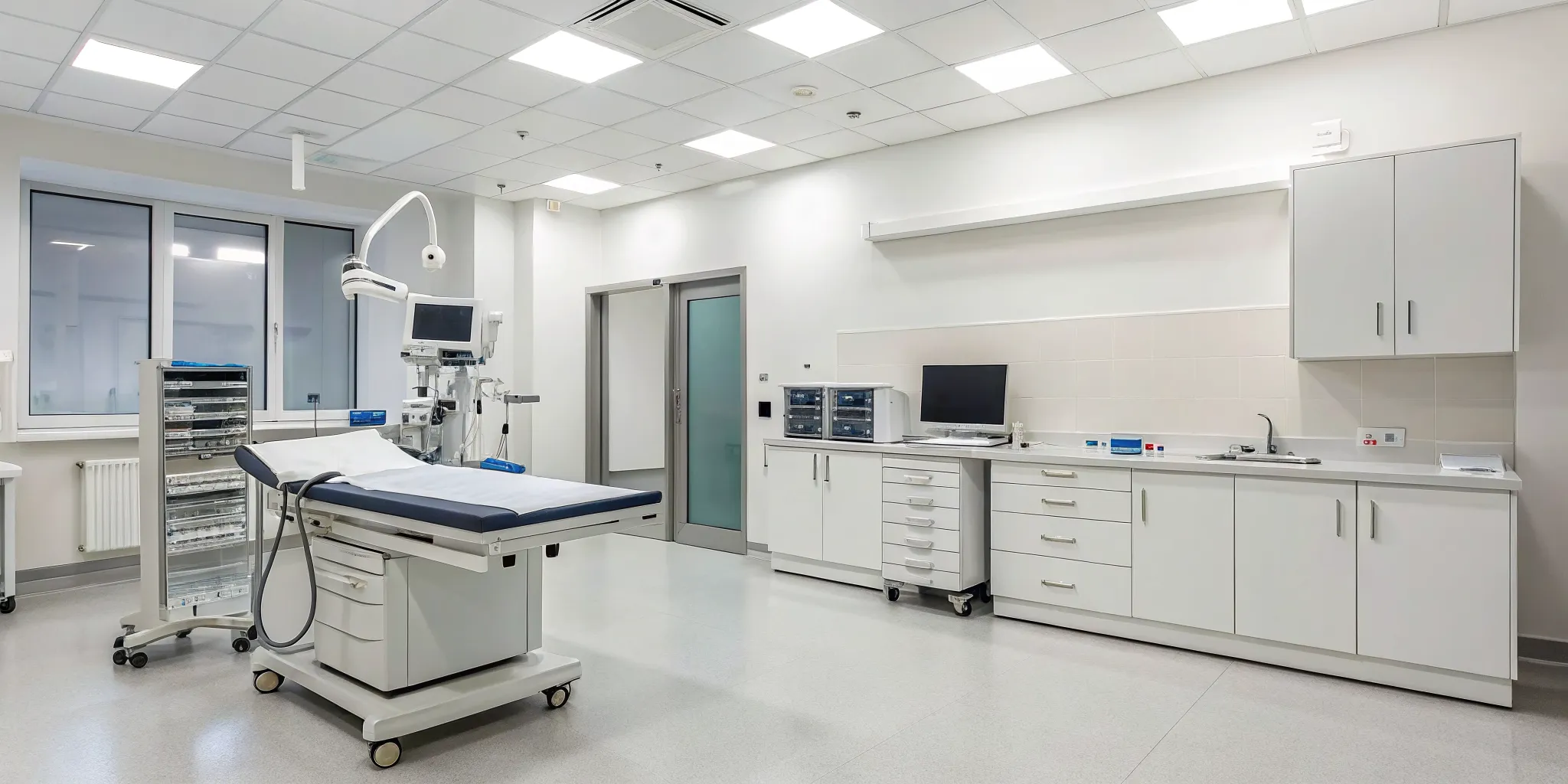For families exploring stem cell therapy for autism, the procedure itself often feels like the main event. But what happens after treatment can be just as important. Post-treatment care plays a key role in supporting improvements, helping children and adults with autism translate medical progress into daily life. At Miami Stem Cell, this stage is carefully guided by clinical expertise and a personalized approach for each family.
Why Post-Treatment Care Matters
Stem cell therapy is designed to reduce inflammation, improve communication between cells, and create a healthier environment for the brain to function. Those changes take time to unfold. Post-treatment care provides structure and reinforcement so that the progress achieved in therapy continues to grow. Families who stay engaged with follow-up appointments, therapies, and daily routines often see more lasting results compared to those who treat stem cells as a one-time solution. You can read more about how our clinic approaches autism care on the Autism page.
Regular Monitoring and Follow-Ups
After therapy, follow-up visits are critical. These check-ins allow doctors to monitor how the child is responding, track developmental changes, and adjust care as needed. Many families notice early signs of improvement in speech, focus, or social interaction, and regular evaluations help capture those changes clearly. Just like routine check-ups with a pediatrician, ongoing monitoring ensures that any concerns are addressed early and progress stays on track. At Miami Stem Cell, this follow-up process is outlined in detail on our Autism page.
Reinforcing Progress with Supportive Therapies
Stem cell therapy lays the foundation, but supportive therapies build on it. Speech therapy, occupational therapy, and applied behavior analysis (ABA) help children turn new neurological changes into practical skills. For example, if stem cells improve attention span, a speech therapist can use that increased focus to expand vocabulary and communication. This combination creates a strong framework that supports long-term growth.
A Holistic Approach at Home
Life outside the clinic is just as important. Families can encourage progress by maintaining consistent routines, providing sensory-friendly environments, and reinforcing positive behaviors. Nutrition and sleep also play a big role in brain health. A well-balanced diet, regular bedtime, and calming strategies for stress can all strengthen the effects of treatment. Post-treatment care works best when it blends clinical support with family-centered strategies at home.
Setting Realistic Expectations
Stem cell therapy for autism shows promise, but it is still considered an evolving field of medicine. Research continues to study long-term outcomes, and results can vary between patients. Some families report meaningful improvements in language and social skills, while others notice more subtle changes. Understanding that progress is gradual helps families stay focused and motivated during the post-treatment journey. Patience and persistence are essential parts of care.
Expert Guidance from Dr. Eric Weiss
At Miami Stem Cell, post-treatment care is overseen by Dr. Eric Weiss, Medical Director of the Autism Program. Dr. Weiss is a former Navy Commander and board-certified surgeon who turned his focus to regenerative medicine after a personal experience with autism in his own family. When his son benefited from stem cell therapy, Dr. Weiss dedicated his career to advancing this field and has since treated more than 400 children with autism.
His approach combines clinical precision with compassion. Families under his care receive structured evaluations, personalized recommendations, and ongoing support tailored to each child’s needs. Dr. Weiss believes that stem cell therapy is not a standalone treatment but part of a comprehensive strategy that includes follow-ups, therapies, and family involvement. More information about his role in autism programs can also be found on our Autism page.
Building a Long-Term Plan
Every child’s journey with autism is unique, which is why post-treatment care must be flexible. At Miami Stem Cell, families receive guidance on:
- Check-ins to measure speech, behavior, and social interaction.
- Therapy integration to connect stem cell progress with real-world skills.
- Family support with advice on routines, diet, and daily reinforcement.
- Long-term follow-up to ensure changes are sustained over time.
This plan ensures that the improvements seen after therapy are not short-lived, but part of a steady path toward better quality of life.
Looking Ahead in Autism Care
Stem cell therapy opens the door to new possibilities for individuals with autism, but it is the care that follows treatment that helps those possibilities become reality. Families who combine medical expertise, supportive therapies, and consistent routines create the best environment for growth.
If you would like to learn more about how Miami Stem Cell supports families after treatment, visit our Autism page for details on our approach and how to schedule a consultation. With expert guidance and personalized post-treatment care, progress can extend far beyond the clinic and into everyday life.






